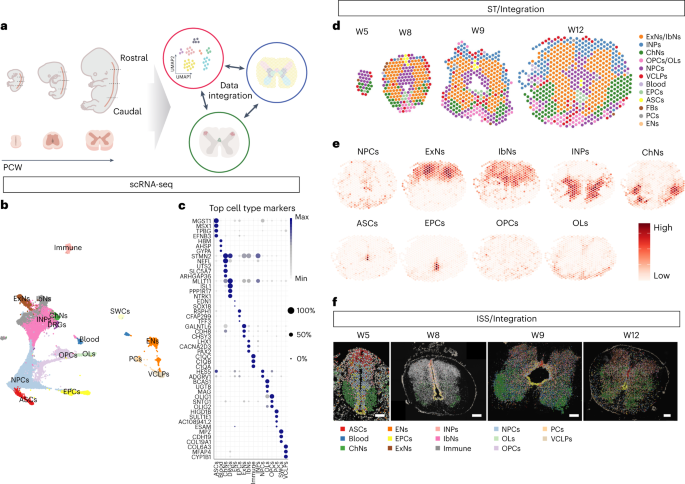2023-04-25 ミュンヘン大学(LMU)
この弱点は、新しい薬剤の開発に利用される可能性があり、すでに多様な物質グループから何種類もの化合物が同定された。これにより、現在の治療法に代わる治療法の開発が急がれている。
H. pyloriがこれらの物質に敏感である理由は、呼吸鎖I複合体中のキノン結合ポケットのわずかな修正構造にあることが特定された。これは、胃腸内常在菌など他の有用な細菌には問題がない。この発見は、高耐性が進む胃腸内細菌に対する新たな治療法の開発に向けた重要な一歩である。
<関連情報>
- https://www.lmu.de/en/newsroom/news-overview/news/taking-the-fight-to-helicobacter-nipping-stomach-cancer-in-the-bud.html
- https://www.cell.com/cell-chemical-biology/fulltext/S2451-9456(23)00089-2
ミトコンドリア呼吸複合体I阻害剤によるヒト胃の病原体ヘリコバクター・ピロリの選択的殺傷効果 Selective killing of the human gastric pathogen Helicobacter pylori by mitochondrial respiratory complex I inhibitors
Clara Lettl,Franziska Schindele,Ahmad Reza Mehdipour,Thomas Steiner,Diana Ring,Ruth Brack-Werner,Bärbel Stecher,Wolfgang Eisenreich,Ursula Bilitewski,Gerhard Hummer,Matthias Witschel,Wolfgang Fischer,Rainer Haas
Cell Chemical Biology Published:April 25, 2023
DOI:https://doi.org/10.1016/j.chembiol.2023.04.003

Highlights
•T4SS reporter screening identifies species-specific H. pylori growth inhibitors
•Inhibitors specifically target NuoB and NuoD of H. pylori’s respiratory complex I
•A unique quinone-binding pocket explains H. pylori’s extreme inhibitor sensitivity
•Molecular modeling of the quinone-binding site enables rational inhibitor design
Summary
Respiratory complex I is a multicomponent enzyme conserved between eukaryotic cells and many bacteria, which couples oxidation of electron donors and quinone reduction with proton pumping. Here, we report that protein transport via the Cag type IV secretion system, a major virulence factor of the Gram-negative bacterial pathogen Helicobacter pylori, is efficiently impeded by respiratory inhibition. Mitochondrial complex I inhibitors, including well-established insecticidal compounds, selectively kill H. pylori, while other Gram-negative or Gram-positive bacteria, such as the close relative Campylobacter jejuni or representative gut microbiota species, are not affected. Using a combination of different phenotypic assays, selection of resistance-inducing mutations, and molecular modeling approaches, we demonstrate that the unique composition of the H. pylori complex I quinone-binding pocket is the basis for this hypersensitivity. Comprehensive targeted mutagenesis and compound optimization studies highlight the potential to develop complex I inhibitors as narrow-spectrum antimicrobial agents against this pathogen.


